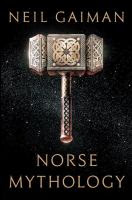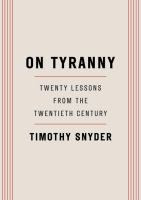An in depth look at the career for the
science fiction author Robert Anson Heinlein, that reviews his
various stories and give some insight into his personality. This book
was published in 1968, and this does limit it's scope somewhat as
Heinlein published a number of books after this.
I found the Mr. Panshin's critique to
be extremely harsh, and got the feeling that he had a general dislike
for Mr. Heinlein for some reason other than his writing. He belabours
his points continuously, and while it is true that some of Heinlein's
stories were rather simplistic, you have to take into account the
fact that some were written for young people (primarily boys at this
time in history), and were published by magazines that didn't pay
very well. Whether this was a factor in the types of stories I can't
say as I wasn't alive when these stories were first published, but I
have read most of Mr. Heinlein's books, and found them to be quite
entertaining.
Now I first started reading books by
RAH when I was about 13 or so. I don't remember what it was that I
read first, but all of his stories to me were fascinating. I began
reading what are now considered to be his juvenile stories such as
(in no particular order) Red Planet (1949), Space Cadet (1948),
Tunnel in the Sky (1955), Star Beast (1954), Between Planets (1951),
Revolt in 2100 (1953), etc. Some of these I read multiple times, and
I still read them now and again because they are simply good stories.
Methuselah's Children was one of the ones I read a little later on,
and a few years later (about 1979 or so) I read Time Enough for Love
(1973).
As he went on Mr. Heinlein's worldview
started to show up more in his writing, which is to be expected. And
this in the end influenced my worldview as well. Some of his later
works were a little difficult to understand, and need to be read a
couple of times to get the underlying themes, but it is time well
spent. As I mentioned above Mr. Heinlein's book make you think, even
his so called juvenile novels typically have a message.
What this comes down to, in my
opinion, is that Mr. Panshin's critique which I can only assume he
thought was well written, I can only see as a thinly disguised rebuke
at both Mr. Heinlein's success, and his outlook on life in general.







